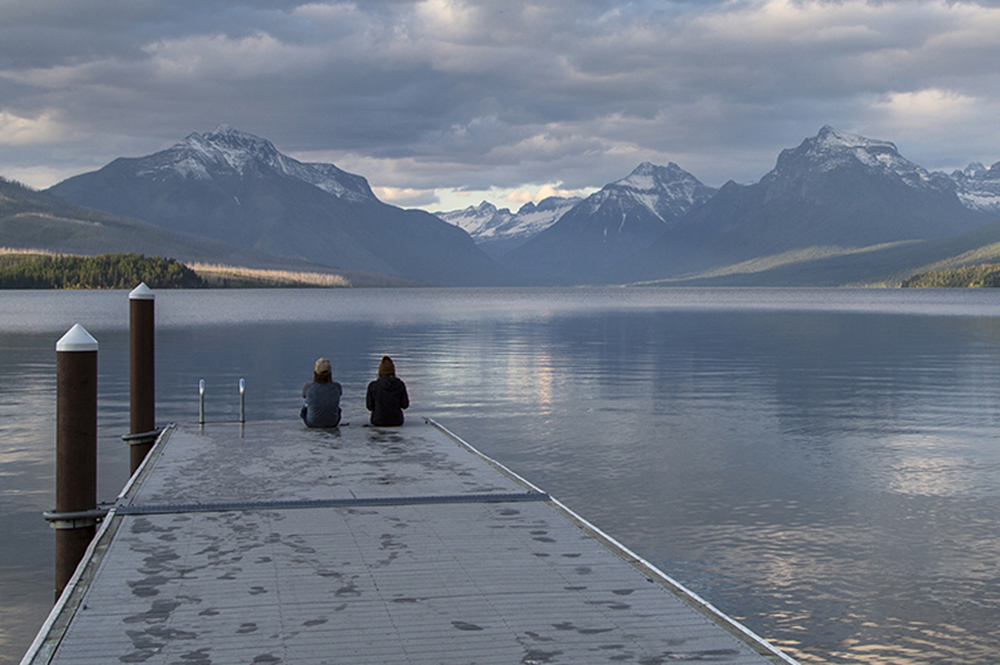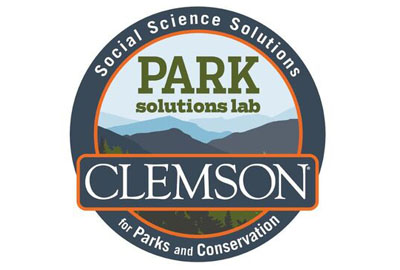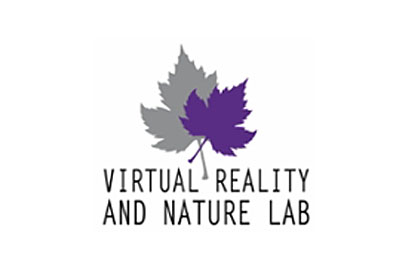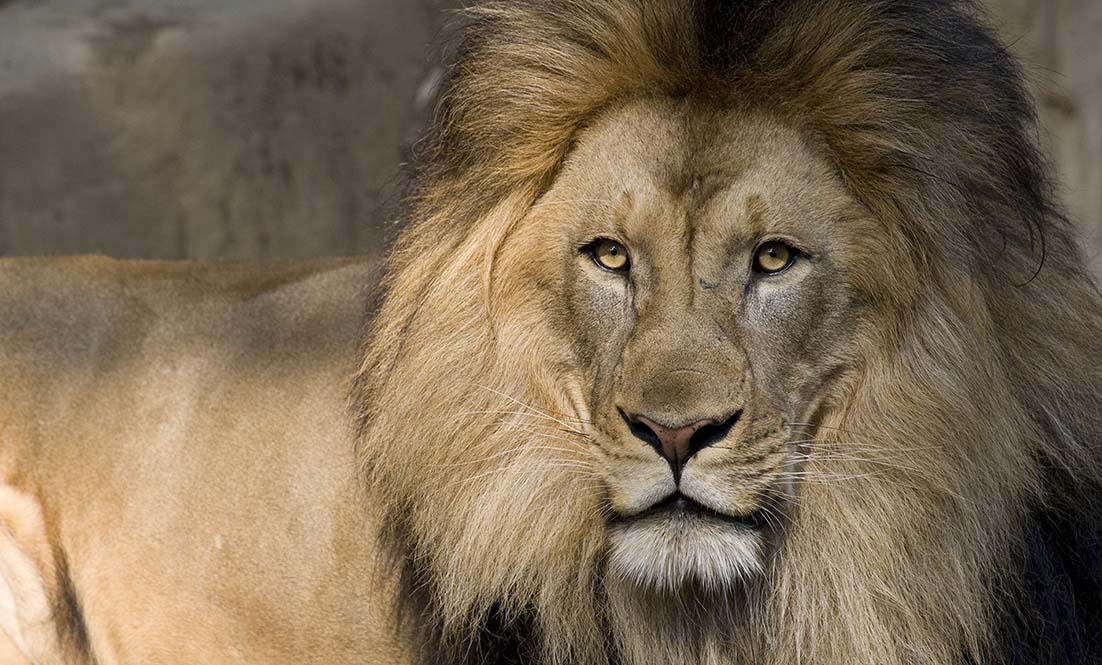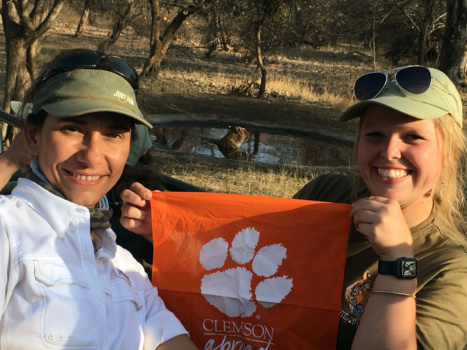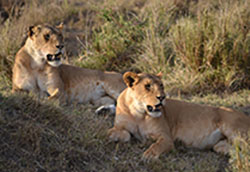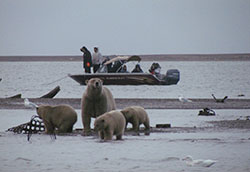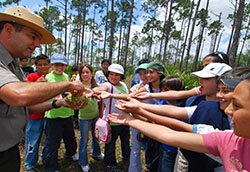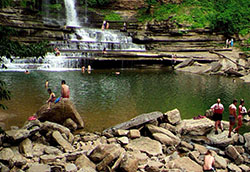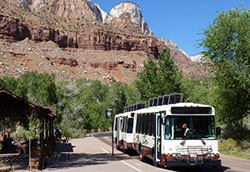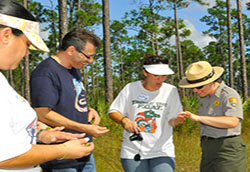Beyond Borders: Determining Current and Future Wildlife Co-Existence Landscapes at the Private-Public Land Interface in the Northern Great Plains (2018)
The Great Plains is one of the most imperiled ecosystems in North America, home to one of the most endangered species in the world, and many of its large charismatic wildlife species have been extirpated or live in relatively small, fenced populations. To achieve conservation at ecologically relevant scales, coordination among public and private land managers will be needed. The goal of this project, led by Dr. David S. Jachowski and with collaborators Drs. Jeff Hallo and Shari Rodriguez, Kristy Bly, and Brian Martin, is to develop a novel, interdisciplinary, quantitative approach to identifying and predicting the potential for wildlife species to co-exist with humans in the context of landscapes that include multiple landowners and working lands. They will revisit a previous social survey conducted in the late 1980’s on how citizens within and surrounding this targeted conservation region perceived planned (and now ongoing) wildlife conservation actions, to assess how their knowledge, attitudes and opinions have changed over time. They will then use those survey results to model and spatially map potential social tolerance landscapes for wildlife conservation and restoration, and intersect those social and political landscapes with ecological models (i.e., habitat suitability). On this basis, they intend to identify landscapes that offer current and future potential for wildlife and human co-existence in this region. More broadly, they hope that the framework they develop and implement for defining the co-existence landscape for this system can be used as a template for advancing wildlife conservation planning in increasingly human-dominated landscapes globally.
